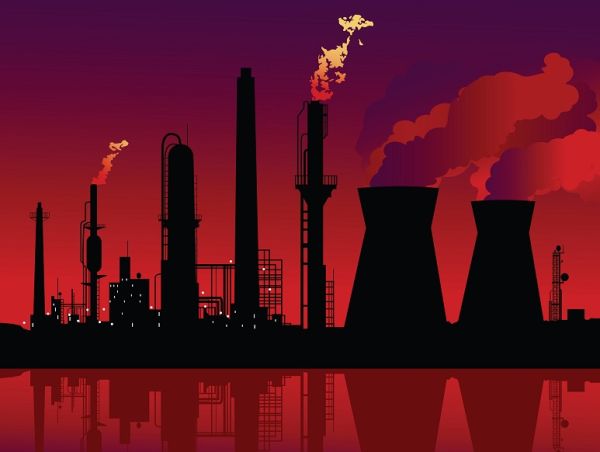
IAEA Director General Rafael Gossi warns
Geneva. International Atomic Energy Agency (IAEA) Director General Rafael Gersi has warned of nuclear contamination i.e. radioactive and chemical pollution threats from Israeli attacks on Iranian nuclear facilities. He said that attacks on nuclear bases in Iran have brought a huge decline in nuclear security and safety in the country. So far there has been no radioactive emissions affecting the public, but there is a danger of this happening.
According to media reports, in his briefing at the emergency meeting of the Security Council, GRSI said that the level of radioactivity outside the Natanj site after the Israeli attack is unchanged and normal level, but there is both radiological and chemical contamination inside the convenience. He said that if radiation mainly with alpha particles, if it goes in with breath or swallows, pose a big danger. This risk can be effectively managed with appropriate protective measures such as using respiratory devices. The main anxiety inside the convenience is chemical poisoning.
Explain that 60 percent of Fordo is the main enhancement place of Iran to enrich uranium. He said that the IAEA is not aware of any loss in Fordo at this time. In the June 13 attack, four buildings were damaged at the Asfahan atomic site. There was no increase in the level of off-site radiation. He said that like Natanj, the main concern is of chemical toxity. Groxy said that attacks on other nuclear facilities had no radiological effect.
The head of the United Nations Atomic Monitoring Association warned of serious consequences of attack on the Bushahar nuclear power plant, which is a current nuclear power plant and has thousands of kilograms of nuclear material. He said that I would like to make this absolutely and completely clear that the direct attack on the Bushhar nuclear power plant can result in a lot of emission of radioactive radiation in the environment as a result of direct attack.
Similarly, an attack that deactivate only two lines that supply the power to the plant may melt the core of its reactor, resulting in high emission of radioactivity in the environment. In its worst case, both scenarios will require protective action, such as the need to remove the population and give shelter or take a stable iodine, which can have access from some to several hundred kilometers. He warned that radiation monitoring would require to cover a distance of several hundred kilometers and may also need to implement food restrictions.
Groxy warned that any action against the Tehran Nuclear Research Reactor could have serious consequences. Probably for large areas of the city and its inhabitants. He said that there should never be an armed attack on nuclear facilities, he called for maximum restraint. He said that military growth threatens life. The IAEA can guarantee through a watertite inspection system that nuclear weapons will not be developed in Iran. They can form the basis of a long -term agreement that brings peace and prevents nuclear crisis in the Middle East. This opportunity should not be lost. He said that its option would be a prolonged struggle and threat to nuclear proliferation, which will be generated from the Middle East to effectively destroy the nuclear non -proliferation treaty and the overall nuclear non -proliferation system.